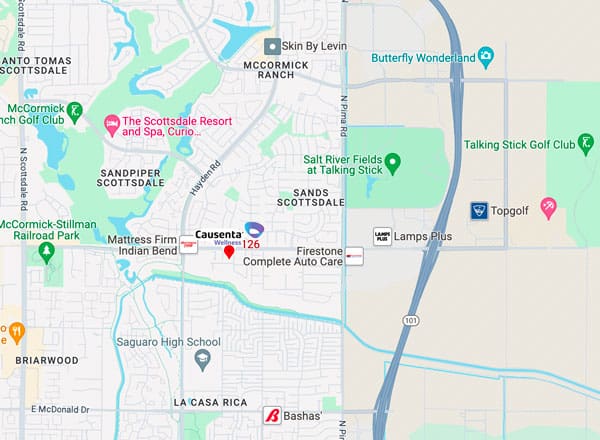In case you didn’t follow the symbolism, it stems from the fact that pharmaceutical companies spend much of their research time and money searching for and testing natural substances – like plant extracts – that can treat various pathologies. Instead of using the natural substance, though, they make a synthetic form of its active components. Why do they do this? Because you can’t patent nature, and in the prescription drug industry patents equal profits. This seems logical (after all, they need that money for more research) until you learn that compared to the synthetic drug the naturally occurring substance is often more effective and comes with significantly milder side effects.
By no means is this meant to be another whistle-blowing exposé about the shortcomings of the pharmaceutical industry. In fact, there are cases where prescription drugs are the best option (like antibiotics for a serious bacterial infections). There are also millions of people who have successfully used prescription drugs to manage their conditions. This is simply meant to open your eyes to other options, because at the end of the day it comes down to what works, and for many people prescription drugs just don’t cut it.
In many cases the other option is actually the better option, and the better option is usually a vitamin, mineral, herb, or other substance found in nature. This is typically referred to as Alternative Medicine or Naturopathic Medicine. These practices are also typically referred to as “quackery” and “snake oil medicine” despite thousands of years of historical success, thousands of studies on the efficacy and safety of vitamins, minerals, and herbs, and despite the fact that many drug companies use nature as their therapeutic guide.
Take depression, for example. Depression is often related to a decrease in the neurotransmitter serotonin. Antidepressants like Prozac block the reuptake of serotonin (hence the term selective serotonin reuptake inhibitor or SSRI) which is simply a way of ensuring that higher levels of serotonin are present in the brain. The dietary supplement 5-hydroxytryptophan (5-HTP) also increases serotonin, but it does so by directly increasing 5-HTP which is then converted into serotonin. So, which method is more effective? Neither, but unlike 5-HTP, Prozac comes with a laundry list of side effects that include insomnia, anxiety, and, oh yeah, increased suicidal thoughts in children, teens, and young adults. (It’s amazing how well pharmaceutical companies can downplay the dangerous, even deadly, side effects of their drugs. How this is ethical or legal is anyone’s guess). 5-HTP, on the other hand, doesn’t increase suicidal thoughts, it doesn’t cause insomnia (it actually helps you fall asleep), it reduces anxiety, and it’s one of many alternative options including folate, St. John’s Wart, SAMe, vitamin D, and even fish oil that can improve symptoms of depression with negligible side effects while simultaneously improving other areas of your health (folate reduces the risk of coronary artery disease and prevents certain birth defects, vitamin D enhances calcium absorption, fish oil reduces inflammation and improves lipid profiles).
The use of both prescription drugs and dietary supplements is intended to help treat a disease, manage symptoms, or at least improve one’s quality of life. Neither drugs nor supplements, however, are 100 percent effective; some work, some don’t, and the effects can vary for different people. The best approach is to use these products as part of a broad and all-encompassing treatment program (including psychotherapy, proper nutrition, stress reduction, etc.), measure their efficacy through consistent testing and analysis, and remove them cautiously when harmful side effects occur (we like to call this Common Sense Medicine).
There is no reason why anyone who is feeling depressed should have to worry about feeling even worse because of the medication they’re taking, and any health care practitioner worth their weight should know this, practice this, and teach this. After all, the most effective health care providers don’t just treat you and send you on your way, they educate you on all the options available for you to live a long, healthy life; that is, they don’t just give you a fish, they teach you how to fish.


